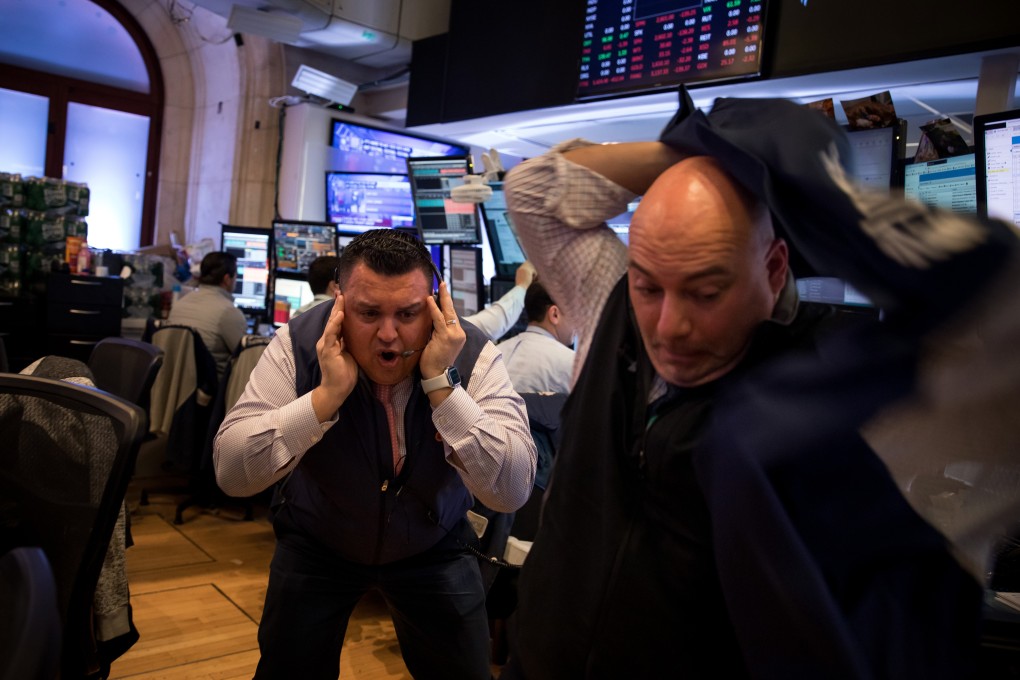Stock rout sends eight Asian indexes into bear markets amid coronavirus crisis as China injects US$78 billion of liquidity
- India, Singapore, Australia, Japan, Thailand, Indonesia and the Philippines are also in bear markets
- Australia’s central bank injects large amount of liquidity; US futures turn up; China pledges to support tourism, culture industries

China cut the reserve requirement ratio for some banks, unleashing US$78 billion of liquidity to support the world’s second largest economy from a deeper slowdown. Economists including those at Goldman Sachs and Standard Chartered expect the US Federal Reserve to cut interest rate by as much as 100 basis points at its next policy meeting on March 19, or sooner.
This week’s rout has erased US$7.8 trillion of value from global equity markets as the MSCI World Index crashed 17 per cent through Asian trading hours on Friday.
In Hong Kong, the Hang Seng Index plunged as much 7.4 per cent in the morning session, the most since the 2008 financial crisis. It roller-coastered in the afternoon to end with a 1.1 per cent loss. The blue-chip benchmark has slid 20 per cent from its recent high mark in April last year, the definition of a bear market.
In the Asia-Pacific region, India, Singapore, Australia, Japan, Thailand, the Philippines and Indonesia are also in bear markets.
“US market negativity will continue to strongly influence Asian markets, and extreme trading volatility may be the norm for now,” said Brock Silvers, managing director of Adamas Asset Management.
